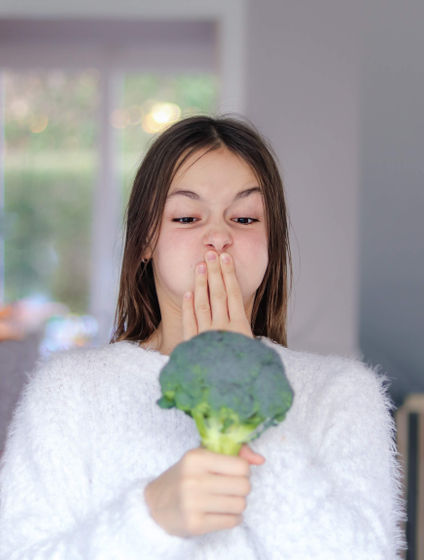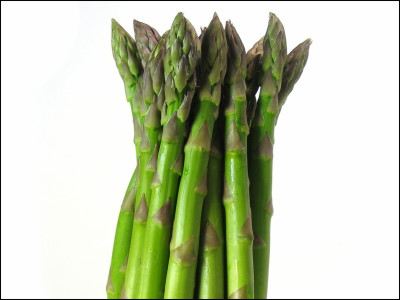'I hate broccoli' may be passed down from parent to child along with bacteria in the mouth

People have different tastes for food, and some people like to eat vegetables, while others say, 'I wasn't good at broccoli when I was a kid.' According to a study in which 98 pairs of parents and children evaluated the taste of bitterness components, it is possible that the
In-Mouth Volatile Production from Brassica Vegetables (Cauliflower) and Associations with Liking in an Adult / Child Cohort | Journal of Agricultural and Food Chemistry
https://pubs.acs.org/doi/10.1021/acs.jafc.1c03889
Mouth bacteria may explain why some kids hate broccoli | Live Science
https://www.livescience.com/study-why-some-kids-hate-broccoli-cauliflower
Hate broccoli and cauliflower? Your microbiome might be partially to blame | Ars Technica
https://arstechnica.com/science/2021/11/hate-broccoli-and-cauliflower-your-microbiome-might-be-partially-to-blame/
Various factors such as taste, aroma, and texture are involved in food preference, but especially for cruciferous vegetables such as broccoli, cauliflower, and cabbage, the sulfur-containing compound 'S-methyl-L' -Contains 'cysteine sulfoxide'. However, while everyone dislikes the smell of sulfur, which is sometimes described as 'the smell of rotten eggs,' some people dislike broccoli and others are comfortable eating it.

According to Damian Frank, a food scientist at the University of Sydney, Australia, cruciferous vegetables are irritating and volatile by breaking down 'S-methyl-L-cysteine sulfoxide' when plant tissue is damaged. It has a defense mechanism that generates substances, which may have a great effect on the flavor. However, since 'S-methyl-L-cysteine sulfoxide' is not a very irritating substance by itself, it has received little attention until now.
Therefore, Frank et al.'S research team, 98 pairs of children and parents aged 6 to 8 years, totaling 196 people, to find out why the reaction to 'S-methyl-L-cysteine sulfoxide' and its by-products varies from person to person. We conducted an experiment targeting.
In the experiment, participants were asked to smell the compounds contained in vegetables, and the degree of discomfort was evaluated on a 9-point scale for adults, and the child chose a face with a 5-grade facial expression from a smile to a frown. I was asked to answer. As a result, both adults and children answered that they dislike
After confirming that the substance derived from 'S-methyl-L-cysteine sulfoxide' was the cause of the unpleasant flavor, the research team then mixed saliva collected from the subjects with crushed potash flower and the volatility generated from it. The substance was analyzed by gas chromatography. As a result, it was found that the amount of volatile substances generated by mixing cauliflower and saliva varies greatly among individuals, and that parents and children show the same tendency.

'There was a dominant relationship between children and parents in the amount of sulfur produced by the mixture of vegetables and saliva, which is similar to the microbiome in the mouth,' Frank said. I think it's because they are doing it. ' However, since we have not actually identified the microorganisms, this view is just a prediction.
In the experiment, children who generate a large amount of volatile substances often answered 'I hate cauliflower' in the taste test when they actually eat raw cauliflower, while parents of such children 'eat cauliflower'. I'm fine. ' In a paper, the research team concluded, 'As we grow up, adults may have become more tolerant of the unpleasant flavors of vegetables.'
Related Posts:







